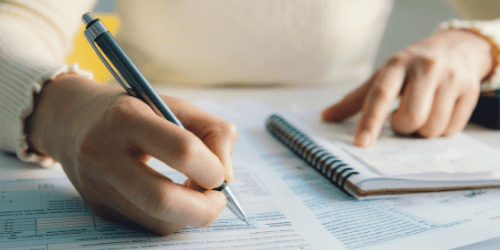Back in November 2017, we posted an update regarding HMRC and its decision to withdraw the option for payments to be made via a personal credit card.
With the submission deadline of 31st January fast approaching, what options do you have for making your tax payments online?
The Revenue is withdrawing this facility on 13 January 2018, just weeks before any money owed for 2016/17 is due by midnight on 31 January 2018.
HMRC will continue to accept payment from business credit cards after 13 January 2018, although higher transaction fees will apply.
Withdrawing this method of payment builds on the EU’s payment services directive, which bans companies – including the Revenue – from charging customers extra to pay with their credit cards.
HMRC will continue to charge taxpayers a fee, ranging from 0.374% to 2.406%, until the cut-off date.
Last year, around 454,000 people used their personal credit card to pay their tax return, netting the Revenue £12 million.
Other payment options include:paying over the phone (have your national insurance number to hand)using CHAPSpaying at your bank or building societypaying via direct debit or cheque.
10.39 million self-assessment tax returns were filed ahead of 31 January 2017, with the figure set to rise again in line with an increase in the number of individuals registering as self-employed.
But if you’re taking on the task this late in the day, you should be aware you’ll get a £100 penalty if you submit your online tax return or pay your bill after 31 January 2018.
We can help with your online tax return simply give us a call on 01207 502 145 or drop us an email to wecare@yourvalued.co.uk
This blog post first appeared on our old website.


